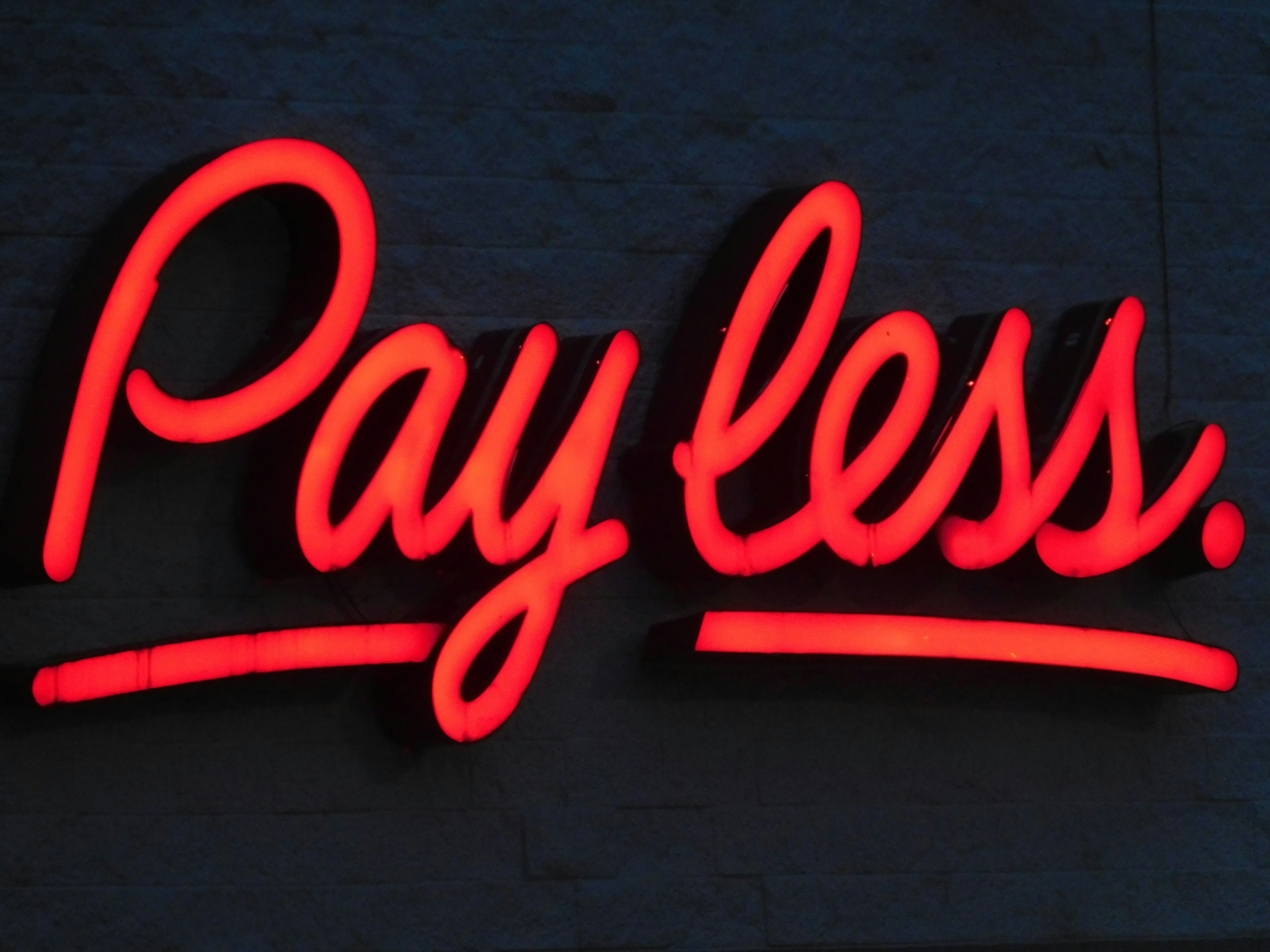Property Management
As a property manager in today's times, you simply can't afford to not accept credit card payments. After all, the majority of people have become reluctant towards cash and paper check use. In such a scenario, your readiness to accept credit card payments will definitely come as a boon for your tenants. However, it has the potential of posing certain problems for you - rent payment chargebacks are one of them.
Every year, multifamily property managers end up losing hundreds and thousands of dollars due to rent payment chargebacks. So, we've taken it upon ourselves to give you the top 4 tips you should use to protect against chargebacks. But before we get to the tips, we'd like to take you through what chargebacks are and the types of chargebacks you're likely to encounter as a property manager.
Chargebacks: What are they and what are their most common forms in property management?
Chargebacks are requests made by credit cardholders when they desire the reversal of original charges. For instance, if Adam, a credit card holder, feels like he was wrongly charged for something based on information he finds in his credit card statement, he can request a chargeback.
Property managers typically encounter chargebacks when applicants, co-signers, or renters request them. Here are a few chargeback scenarios commonly faced in the world of property management:
Rejection of certain applicants
In many cases, prospective residents have to apply for residing in an apartment, and they are required to shell out application fees. Of course, not all prospective residents' applications will be approved, especially if their credit scores are not deemed to be suitable. Some other factors may also lead to their applications being rejected. In such a scenario, some rejected applicants may feel a sense of injustice and request a chargeback for getting back the application fees that they paid earlier.
Tenants unable to pay rent
Sometimes, tenants who rented apartments that were way out of their budget in the first place end up being unable to pay rent. This inability might also stem from job losses. Whatever their reasons may be, they may turn to their credit cards for paying their rent. Typically, such tenants eventually move out from their properties within the chargeback period, i.e. the time granted to them by their credit card issuers for requesting chargebacks. Once they've moved and are difficult to reach, they're likely to request chargebacks.
Relationship issues
Couples renting apartments may run into troubles in their respective relationships. These couples may also share payment portal accounts that have been authorized to store their respective credit card information. Typically, break-ups aren't bad news for property managers if they happen on good terms. However, if it's an ugly break-up, one of the partners may easily use the other's credit card information to pay rent. In such a scenario, the other partner will likely request a chargeback due to the non-authorization of the payment.
Failure to recognize rent charges
Students living away from their families typically pay rent through the use of a credit card belonging to a family member. In this situation, the credit card holder, despite being aware of the student's use of the credit card to pay rent, may fail to recognize the rent charge in the statement. This may lead to a chargeback being requested by the credit cardholder.
How to protect against chargebacks
Now that you're aware of what chargebacks are and the types of scenarios that could lead to them being requested, it's time for you to know how to protect against chargebacks. In this section, we'll provide you with the top 4 tips for preventing losses owing to chargebacks requested by tenants or their family members:
Make application and deposit payments non-refundable
Prospective tenants whose applications are rejected are likely to request chargebacks. Their credit card issuers will, in most cases, approve their requests. However, one thing you can do to make sure that these requests aren't approved is to make the application fees non-refundable. Additionally, you have to take it from the potential tenants in writing that they accept the non-refundable status of the payment. In this scenario, even if chargebacks are requested, you'll have valid proof to show to the credit card issuers that you're in the right and the prospective tenants in the wrong. If the issuers know the tenants were aware of the application fees' non-refundable status prior to making the payment, they'll likely reject the chargeback requests. You should take the same approach towards your monthly rent payments as well.
Identify tenants who are likely to indulge in fraudulent activities
You might fail to recognize prospective tenants with poor credit scores while reviewing their applications. However, you can still take action after you've handed your property over to them. For instance, you can get notifications informing you of insufficient funds from the eCheck payments of residents. In this case, it's best to ask them to pay by cash or paper check, as the residents may turn to credit card payments and then request chargebacks after they've moved out. Also, some residents may use others' credit cards to make payments. While this is normal for students, it's a sign of potential fraud if the residents in question are working adults. Another telltale sign of fraud is a resident who uses multiple credit cards to pay rent.
Use property management software
It's hard to keep track of multiple tenants and their respective payment statuses. That's why it's important to turn to property management software, which provides countless features and benefits to the modern-day property manager. Some helpful features of property management software include online payment integration, document management, and maintenance management. There are many benefits as well, such as easy monitoring of maintenance, hassle-free payments from contractors and tenants, data tracking, and screening of tenants. High-quality property management software also has several in-built security features that can be handy in detecting potential fraud. These features include online application customization and payment agreement authorization.
Don't ignore your financial statements
Different credit card issuers offer varying chargeback periods. In some instances, chargebacks may be requested a few days after payments. However, in some cases, the requests may be initiated a month or two after the payments. This is why it's important for property managers to be aware of changes in their financial statements. Quite simply, if you're too casual about it, you may end up losing money and the worst part is that you may not even know it. But if you're alert, you can respond to chargeback requests quickly, and if you have enough evidence to prove that you're in the right, you'll prevent losses.
Conclusion
So, those were some of the top apartment tips that are aimed to help property managers when faced with chargebacks. In recent years, chargebacks have become a huge problem for managers. At the same time, they haven't been able to reject credit card payments owing to their popularity among tenants. That's why putting the tips we've provided to you in this article into practice is vital.
ExactEstate is a property management software platform that can help you to protect against chargebacks. Set up a demo today to know more about how it works and how it can benefit you.










